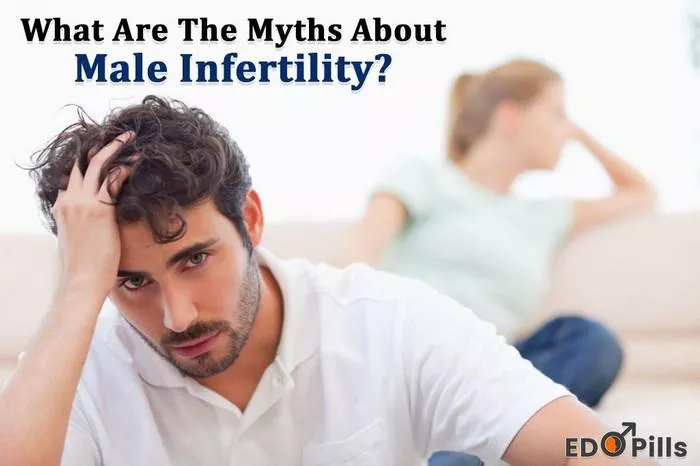The opening section will set the tone of the article, establishing its aim to examine the possibility of hereditary factors affecting female infertility.
Deciphering Infertility: An Overview
This portion provides an insight into the definition of infertility, the types – primary and secondary – and its prevalence and impact globally.
Here, we establish the medical definition of infertility, its types, and how it impacts millions of women worldwide. This segment reveals facts and figures underlining the gravity of this health issue.
The Genetic Connection: A Deep Dive
This part delves into the abstract world of genetics, explaining in simple terms how genes work and the role they could play in determining fertility.
This part explains in simple terms the influence and working mechanism of genes in our daily functioning. It discusses how certain genetic issues potentially might trigger fertility problems.
Can Infertility Be Passed Down?: Exploring the Possibilities
This chapter brings forth the primary question – are fertility issues a family heirloom? We discuss available research data and expert insights on this matter.
This section taps into the heart of the question. It discusses various studies, case reports, and expert reviews that provide insights into the potential hereditary nature of infertility.
Single Gene Disorders: A Definitive Link
Here, we dissect instances where the link between heredity and infertility becomes clear. Conditions like Turner syndrome, Fragile X syndrome that can impact a female’s reproductive health.
Here, we delve into the conditions where the role of genetics is undeniable. Instances of Turner syndrome and Fragile X syndrome are elaborated upon, illustrating how their hereditary nature influences female fertility.
Polycystic Ovary Syndrome (PCOS): A Common Enemy
This section explores the much-debated question of whether PCOS, a common cause of infertility, can have a genetic predisposition.
Endometriosis: Delving into the Unknown
This segment discusses another common cause of infertility: endometriosis. Can it be inherited or just coincidental finding in families? Here we visit current studies on this subject.
The conversation around the unfamiliar territory of Endometriosis uncovers its potential as a genetic disorder. The latest research data shedding light on this issue is highlighted here.
The Great Debate: Premature Ovarian Failure (POF)
The question of whether POF can be genetically passed on would be dissected here. We talk about recent scientific discoveries supporting this hypothesis.
POF, an often-debated cause of infertility, is the focal point of this part. This chapter explains what POF is and the supporting evidence that link it to genetics.
Investigating DNA: Chromosomal Disorders
How chromosomal anomalies like balanced translocation and mosaicism can impact fertility, and the probability of these being passed down the gene line, would be discussed in this chapter.
Here, we discuss chromosomal disorders, such as balanced translocation and mosaicism. The impacts of these conditions on fertility and their risks of being passed down through families are examined.
Genetic Testing: A Key into Future
This segment explains the types of genetic screening tests available, to help would-be parents understand their chances of passing on fertility difficulties to their daughters.
The importance of genetic testing is emphasized here. We explain the different types of genetic screening available to future parents and how this technology can uncover potential hereditary infertility problems.
Approaching Treatment: Science and Solutions
Here, we lay out different therapeutic approaches available for infertility, taking account the genetic aspect.
This section provides hope and insight into the numerous therapeutic avenues available to address infertility. It emphasizes how understanding your genetic makeup can guide personalized infertility treatments.
Conclusion:
The conclusion reassures the readers that while there’s evidence suggesting certain infertility conditions could be genetic, it doesn’t seal one’s fate. It would underline the importance of genetic counseling and regular medical check-ups.
[inline_related_posts title=”You Might Be Interested In” title_align=”left” style=”list” number=”6″ align=”none” ids=”1402,1405,1408″ by=”categories” orderby=”rand” order=”DESC” hide_thumb=”no” thumb_right=”no” views=”no” date=”yes” grid_columns=”2″ post_type=”” tax=””]























